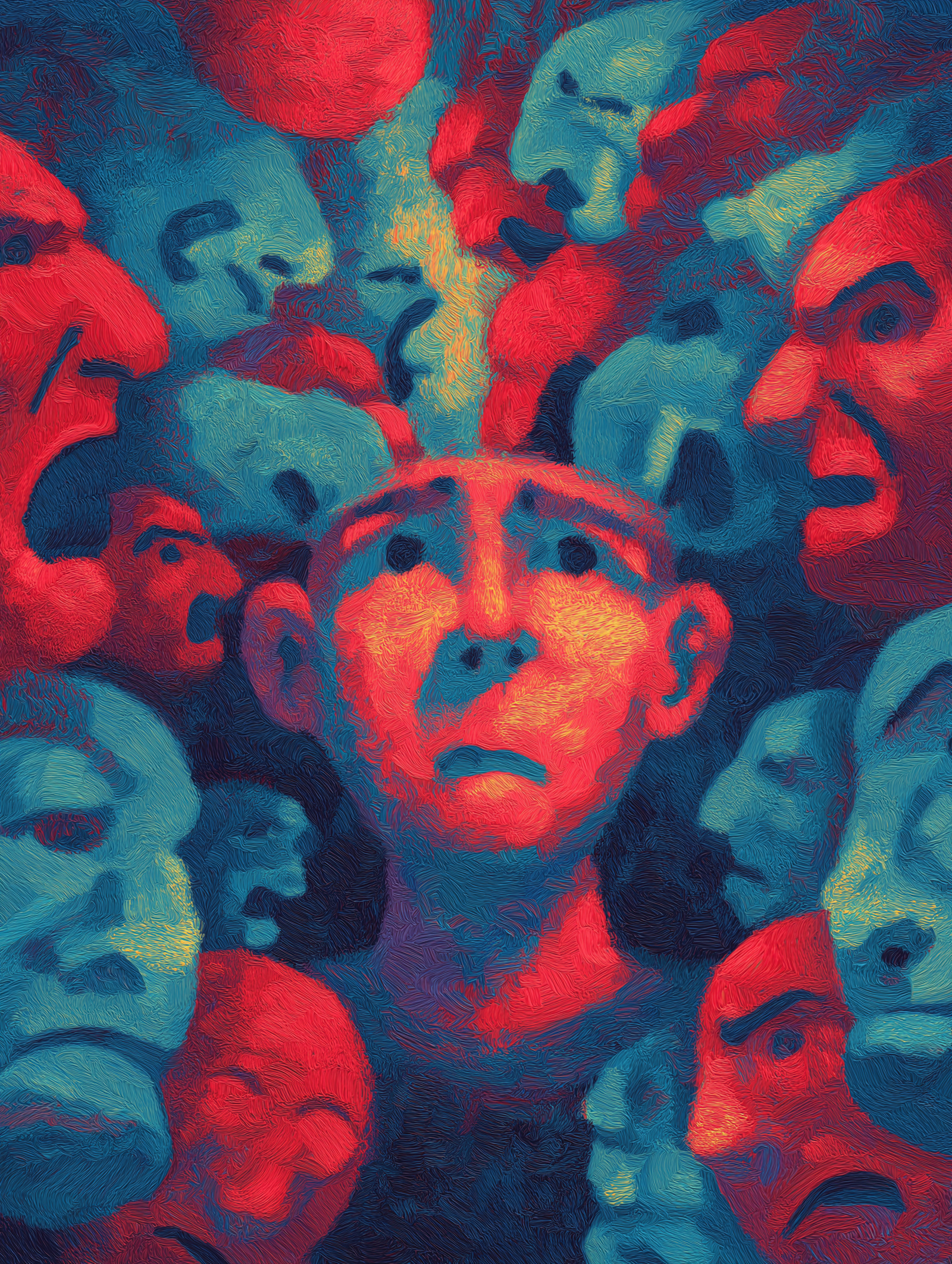Delusional Misidentification Syndromes
This page serves healthcare professionals and medical students, detailing various delusional misidentification syndromes, their symptoms, case studies, and treatment options.

Delusional Misidentification Syndromes
Delusional misidentification syndromes (DMS) are a group of rare but clinically significant neuropsychiatric disorders characterized by persistent, false beliefs about the identity or nature of people, places, or objects. Typically arising in the context of psychosis, neurodegenerative diseases, or other brain pathologies, DMS require nuanced diagnostic and management approaches suited for healthcare professionals.
Delusional Syndromes
Fregoli Syndrome
Overview
Fregoli syndrome is a rare condition wherein the patient holds a delusional belief that different people are actually a single person who changes appearance or is in disguise. This disorder can be profoundly disturbing and is often associated with paranoia, as the affected person may believe they are being persecuted by the “disguised” individual appearing in multiple forms.
Symptomatology
Common symptoms include:
- Delusional beliefs: Patients are convinced multiple individuals are a single, familiar person in disguise, regardless of clear evidence to the contrary.
- Paranoia and fear: Often linked to anxieties that the person is being stalked, harmed, or deceived.
- Hallucinations: Visual and auditory hallucinations may reinforce the central delusion.
- Cognitive deficits: Difficulties in self-monitoring, self-awareness, executive functions, and sometimes visual memory deficits are reported. Social withdrawal and significant emotional distress are also frequent.
Etiology and Pathogenesis
Fregoli syndrome is associated with underlying psychiatric conditions such as schizophrenia or mood disorders, as well as organic causes like neurodegenerative diseases, epilepsy, or traumatic brain injury. Structural and functional abnormalities in the right frontal lobe and gray matter degeneration are implicated in its pathogenesis, affecting systems responsible for familiarity and self-monitoring.
Treatment
Management of Fregoli syndrome is multidisciplinary. Mainstays include:
Long-term management: Ongoing psychiatric follow-up, psychoeducation, and lifestyle changes (diet, exercise, stress management) are recommended for optimal recovery and relapse prevention
Pharmacotherapy: Atypical antipsychotics (e.g., risperidone, olanzapine) are first-line, sometimes supplemented with anticonvulsants or antidepressants when indicated. Drug regimens are tailored to the patient’s symptoms and comorbid conditions, and close monitoring is essential given frequent treatment resistance.
Cognitive Behavioral Therapy (CBT): CBT focuses on challenging and restructuring delusional beliefs, improving coping skills, and reducing distressing symptoms.
Supportive psychotherapy and family therapy: These approaches foster social support, educate families, and help mitigate the emotional and social impacts of the syndrome.

Capgras Syndrome
Overview
Capgras syndrome is the most common form of DMS, characterized by the belief that a close associate (such as a spouse or parent) has been replaced by an identical-appearing impostor. Patients may exhibit profound suspicion and emotional detachment toward loved ones, frequently resulting in interpersonal conflict and secondary psychiatric morbidity.
Symptomatology
Symptoms typically include:
- Monothematic delusion: The delusional misidentification is limited to particular individuals, typically those emotionally significant to the patient.
- Impaired affective response: Patients recognize the familiar appearance, but feel the “imposter” lacks the genuine emotional resonance of their loved one.
- Associated psychosis: Often occurs alongside schizophrenia, dementia, or brain injury.
- Behavioral disturbances: Suspicion, hostility, and sometimes aggression toward the “imposter” are noted.
Etiology and Pathogenesis
Capgras syndrome may be precipitated by psychiatric illnesses (notably schizophrenia and mood disorders), neurodegenerative conditions (particularly Lewy body dementia and Alzheimer’s), and structural lesions affecting the right temporal and frontal lobes. Disruption of neural networks mediating face recognition and affective response is central to its pathogenesis.
Treatment
- Antipsychotic medications: Second-generation antipsychotics are most commonly prescribed.
- Managing underlying conditions: Addressing comorbid medical, psychiatric, or neurocognitive disorders is essential.
- CBT and supportive therapy: These address insight, social skills, and coping, building tolerance for psychological distress.
- Collateral support: Psychoeducation and safeguarding against self-harm or violence are crucial for patient and family well-being.

